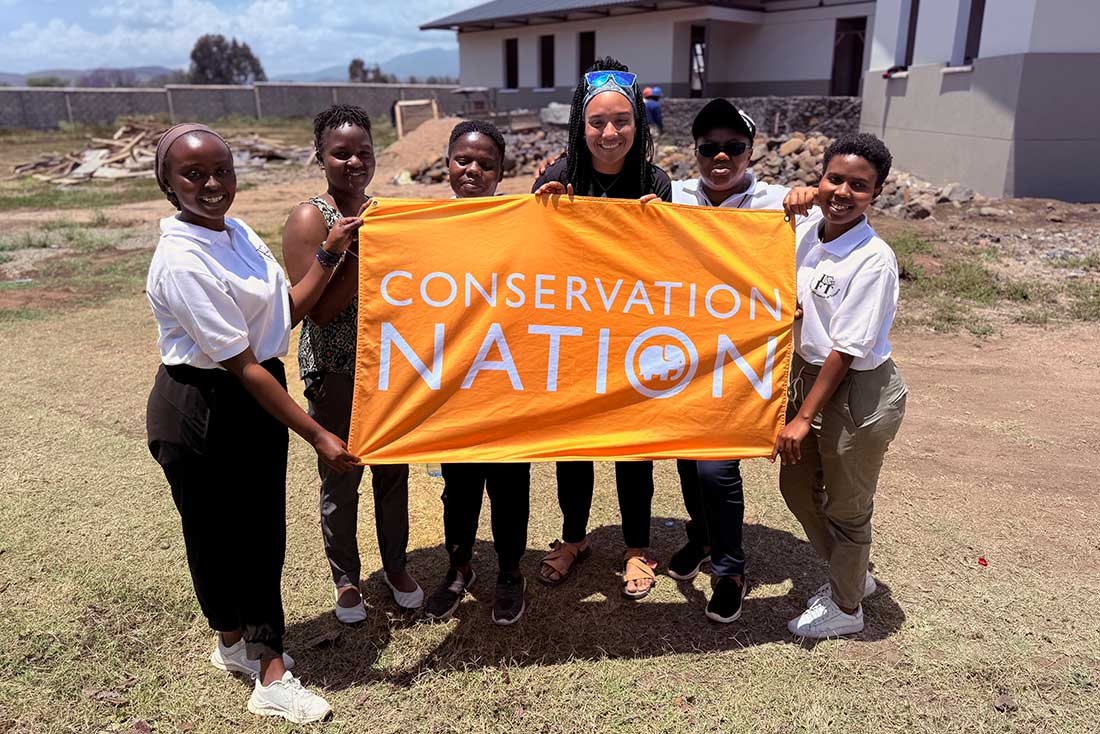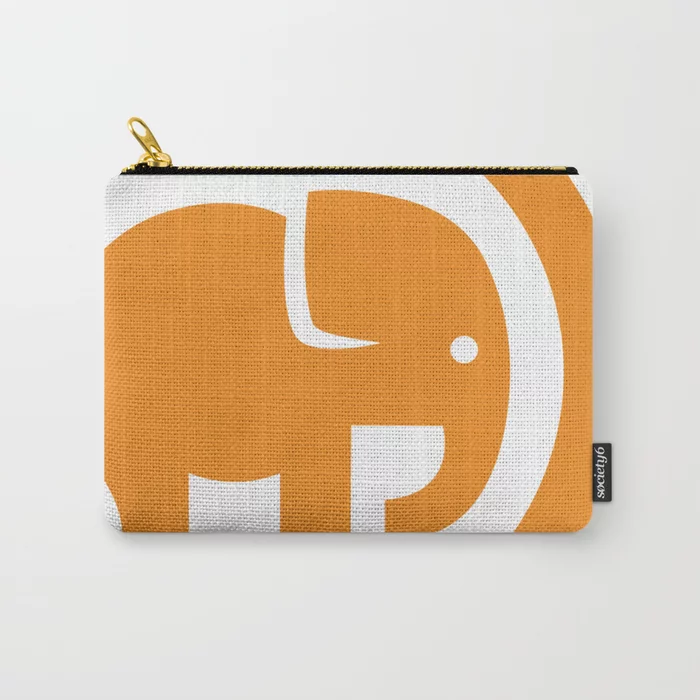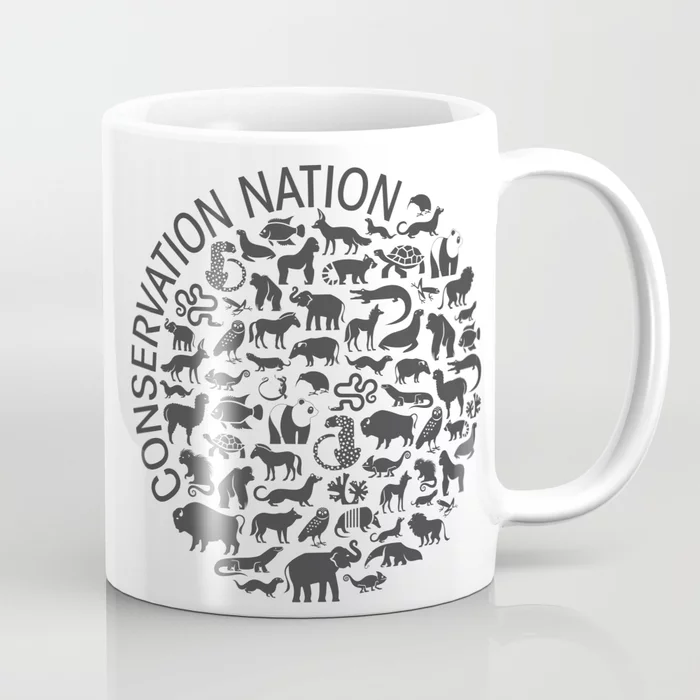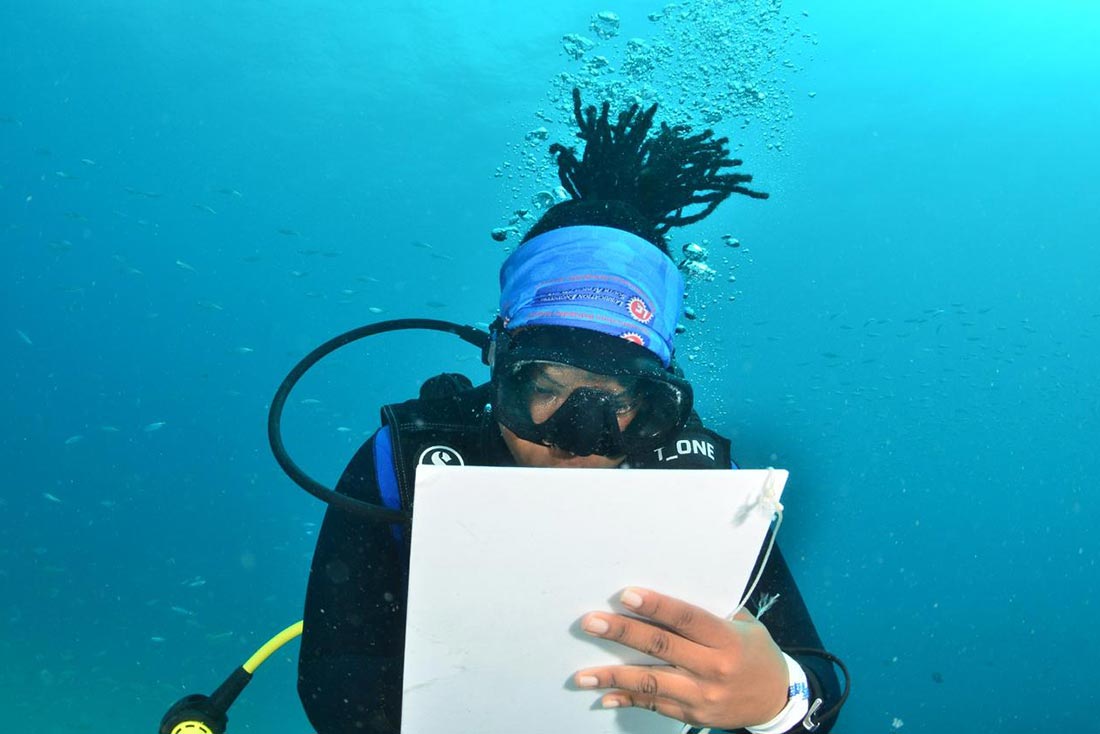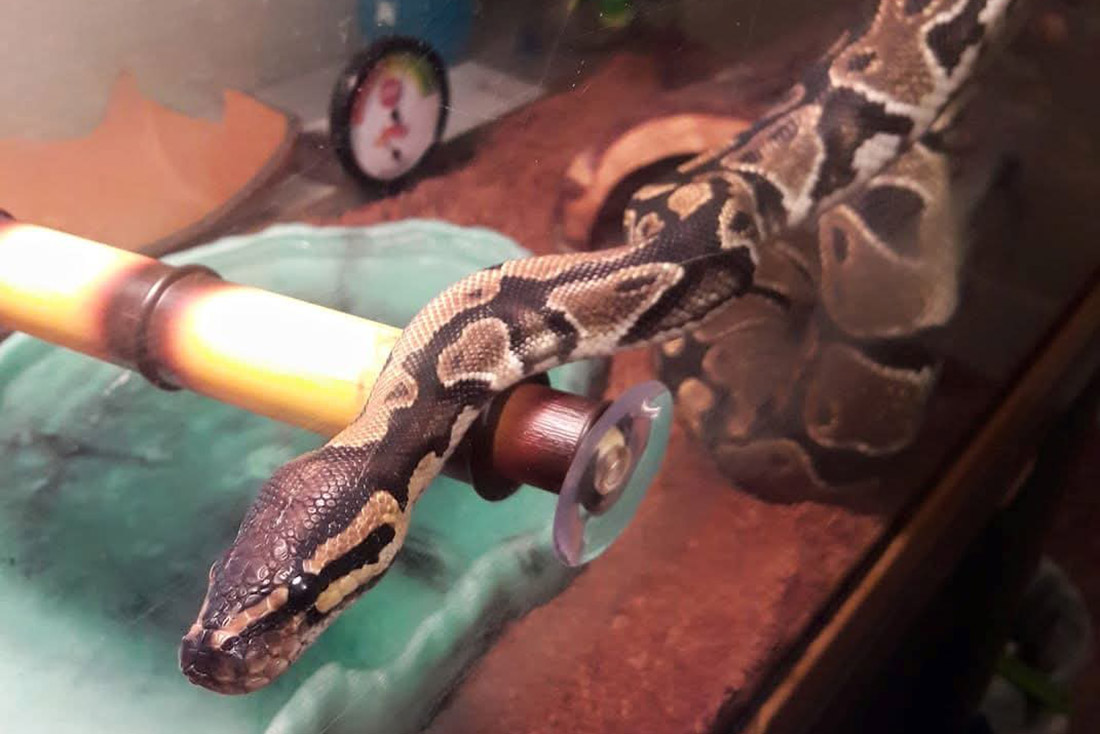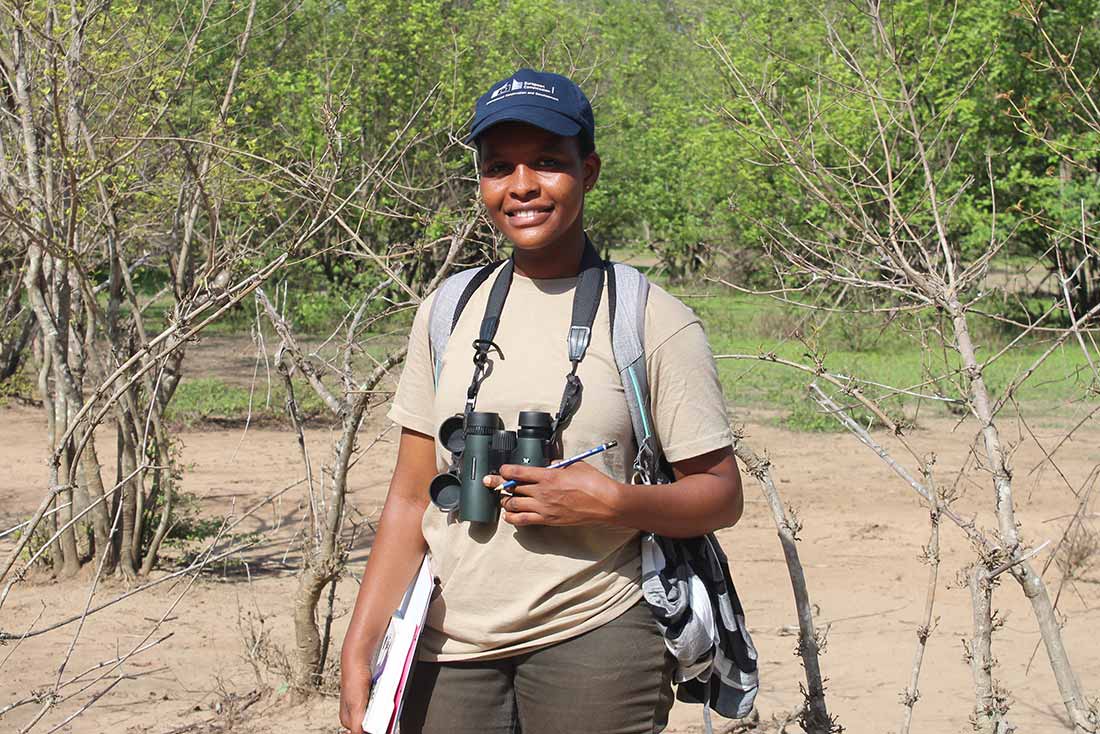The most trafficked mammal in the world is the critically endangered pangolin. To help the species’ numbers grow, veterinarians want to help save the pangolin across Southeast Asia by purchasing ultrasound equipment and special hormone kits to study pangolin reproduction, equipping and supplying a pangolin rehabilitation outpost, providing hands-on training to those caring for pangolins in the field, and launching campaigns to educate local communities about the value of protecting the species. By tackling the crisis on multiple fronts in multiple countries, we can make a true impact in saving these endangered pangolins.
Why are pangolins in trouble?
Prized for its scales in traditional eastern medicine, the pangolin’s value as a commodity has led to a bustling black market trade, with illegal shipments routinely weighing in the tons and worth millions of dollars. And that’s despite the fact that no known medical value has been linked to the consumption of pangolins or the use of their scales. Today, all nine species of pangolin are either endangered or vulnerable.
What exactly is being done to help and where?
Scientists have long been at the forefront of pangolin conservation. For the past few years, the Smithsonian’s Global Health Program has focused efforts in southeast Asia, where pangolins are the most at risk. Experts have worked to build relationships, laying the groundwork to share veterinary and scientific expertise with partners, such as rehabilitation centers, throughout the region.
In Vietnam, scientists are working with a rehabilitation center to study the medical needs and health of pangolins rescued from the black market to learn more about the infectious diseases they carry. In Myanmar, the team will begin an initiative to better understand the cultural and socioeconomic drivers of the pangolin trade. In Thailand, they have started building connections with rescue facilities to increase research and veterinary capacity.
What specific items or support do scientists need to make this possible?
We’re providing funds to make possible the launch of a project that will tackle obstacles to pangolin conservation on different fronts. To help scientists study the reproductive cycles and general health needs of pangolins, we are funding ultrasound equipment and special hormone kits to study pangolin reproduction, equipment and supplies for a pangolin rehabilitation outpost, hands-on training to those caring for pangolins in the field, and campaigns to educate local communities about the value of protecting the species.
What positive impact will this work have on the survival of this species?
These efforts will bolster critical pangolin conservation throughout Southeast Asia. Partnering clinics will be able to care for greater numbers of pangolins. In addition, researchers will implement advancements in pangolin reproduction and infant care. This project also will set the stage for the Smithsonian’s Global Health Program to educate those communities buying pangolin scales. By launching outreach campaigns, scientists will dispel harmful myths about the species, encourage new behaviors and protect the species.

